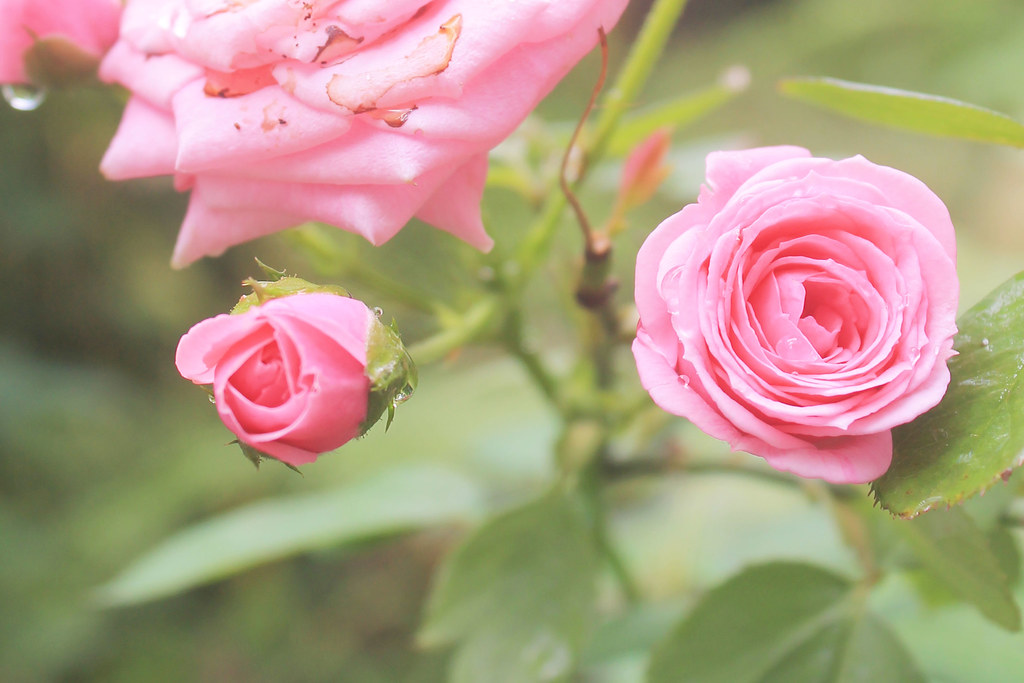There are two palpable quotes that really hit truth to me as I was on my usual routine of being on those frequent solitary hours, the first one was by John Lennon, and it read: “The hardest thing is facing yourself. It’s easy to shout “Revolution” or “Power to the People” than it is to look at yourself and find out what’s real inside you and what isn’t when you’re pulling the wool over your own eyes,” and by Fyodor Dostoevsky on The Brothers Karamazov: “Above all, do not lie to yourself.”
As I reflect back on the hopes, efforts, and everything that had happened to me for this year, I can’t help but be stunned by the fact that things are not always what we hoped or worked for that they will be, and there will always be circumstances that will happen beyond our control, and that includes not only our plans, but our perception of things, and admittedly, it will be the failures and rejection that slap us in the face that will teach the greatest lessons—not the triumphs or shallow successes. In understanding that life does not happen in a steady linear progression and the goals and efforts have the tendency to distract us from what is actually happening. It is like an indefinite series of curves intertwined on a straight line. These curves are the goals and setbacks that occur in the progression of life, they don’t point to a steady upward climb— the most difficult realizations hit hard the most and the willingness to climb up again after the lowest fall, is a measure of genuine courage. One is forced to confront oneself truthfully, to discard the thick pile of lies and pretensions that one has hid oneself— raw self-authenticity.
I realized that even on mustering courage or will, I was still a fraud. And what is more difficult is that whenever I read about, ‘you have a choice,’ seems to me a condescending comment, for who determines the choices, and if I made a decision to choose something entirely different, do I even have a chance to survive in the face of that choice?
This brings me toward the quotes that I shared above, which mean that these choices, reasons, or how I was able to muster courage to make decisions for my life, would have been the lies that I told myself all over again, that the hopes for the future could have been the wool over my own eyes? This is a very difficult admission because it means that me, as an individual, have no right for self-assertion.There is no choice anymore. The answer is just to accept everything as it is, do not fight anymore and let the days pass and be a dead person who lost all hopes.
Perhaps, the ability to forget is one of the strengths that a human being can have. Imagine life if each and every moment one is recounted to earlier experiences along with the thoughts and feelings associated with memories— that would make living at the present a daunting and difficult task because we would have to re-consider and re-live all over again, not only the pleasant but also the unpleasant experiences that happened even a long time ago. And that is exactly why we deliberately make efforts or sometimes not, to close a chapter and intently decide to begin all over again; nevertheless, even if we’re surrounded with the same people, same places, same activities, or changed a style of life, the simple act of making a decision to begin all over again not only gives a sense of self-renewal but also a feeling of rebirth— ending the past and bidding goodbye to everything that had happened: letting go of pain, hatred, disappointments, rejections, frustrations, anger; of forgiveness and forgetting. It is not an easy process to end some things, or to let memories pass away, because despite the intent of starting anew, there is still this realization that life happens in very unexpected ways and that all events are interconnected and juxtaposed with meanings that cannot be isolated with earlier experiences.
Needless to say, the indiscernible laws of uncertainty gives life its beauty, not in the faking of happiness, not in loud noises of laughter, and not even on bottled up grief, or the numbing of senses that makes one seem to float on a different plane where time no longer exists. There is no point of reaching out for happiness, may it happen or not, it does not matter, for the idea of happiness once sought becomes more elusive, and that elusive quality of it is its very essence.
Some Photo Albums for the year,
Seminar-Workshop on Theory and Techniques of Psychodynamic Psychotherapy, January
A Tourist on Her Own City, February
Farewell to Mega TRC, June
Digmaang Rosas, August
Photo Portfolio, 2017
Some Photo Albums for the year,
Seminar-Workshop on Theory and Techniques of Psychodynamic Psychotherapy, January
A Tourist on Her Own City, February
Farewell to Mega TRC, June
Digmaang Rosas, August
Photo Portfolio, 2017











